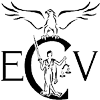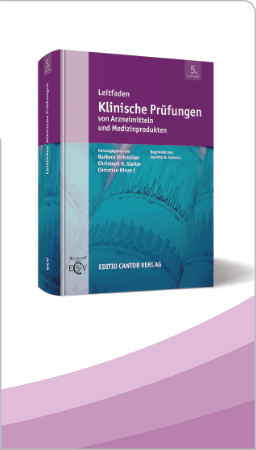Hot Melt Technology1st Communication: Effect of Channeling Agents Part II: Tablet characteristics1) Heba Guirgis a, Bianca Broegmann b, and Adel Sakr a Industrial Pharmacy Graduate Program, College of Pharmacy, University of Cincinnati a, Cincinnati, Ohio (USA), and Mundipharma GmbH b, Limburg (Germany) Effects of polyethylene glycol (PEG) 4000 and various types of microcrystalline cellulose (MCC) on the characteristics of tablets manufactured by the high shear hot melt technology were studied. PEG 4000 was incorporated at various ratios in combination with cetosteary alcohol (CSA: Lanette® O) as hot melt excipients. MCC was incorporated extragranularly prior to compression of the CSA based granulations into tablets. It was found that PEG 4000 at the used concentrations did not have a significant effect on tablet characteristics. MCC significantly affected the tablet characteristics depending on the MCC concentration, particle size and density. No significant effects on tablet hardness were found. The high density MCC (Avicel® PH-301) was the most efficient channeling agent. Key words Channeling agents · Granulation · Hot melt technology · Microcrystalline cellulose · Polyethylene glycol
|
|
|
pharmind 2001, Nr. 4, Seite 395




